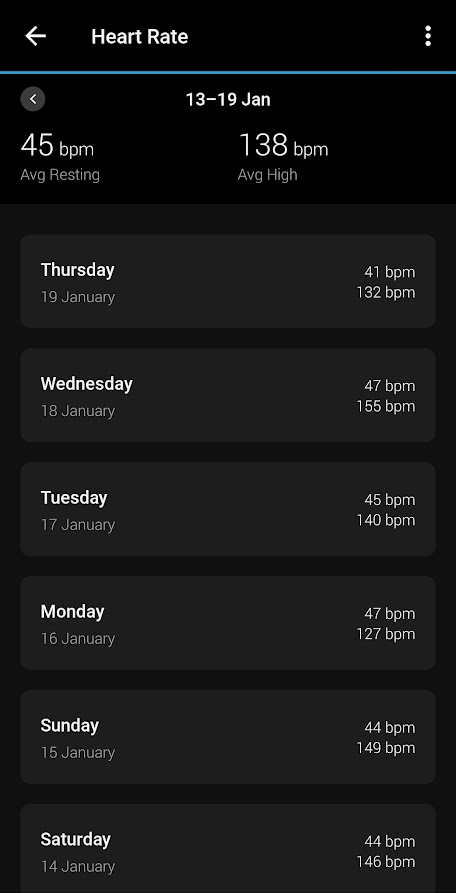
Time-restricted eating alone may not result in long-term weight loss
1. Time-restricted eating (TRE), a form of #IntermittentFasting (IF), has gained popularity for #weightloss.
However, weight loss was not seen in a recently published study with TRE.
#obesity #MedTwitter
1. Time-restricted eating (TRE), a form of #IntermittentFasting (IF), has gained popularity for #weightloss.
However, weight loss was not seen in a recently published study with TRE.
#obesity #MedTwitter
2. 547 participants (78% women, mean age 51 years, mean BMI 30.8) were followed up for 6 years.
*Mean interval from first to last meal was 11.5 hours and was not associated with weight change.
*The number of #meals per day was positively associated with weight change.
*Mean interval from first to last meal was 11.5 hours and was not associated with weight change.
*The number of #meals per day was positively associated with weight change.
3. Total daily number of large (>1000 calories) and medium meals (500-1000 calories) was associated with increased weight over follow‐up time, while total number of small meals (<500 calories) was associated with decreasing weight.
4. Conclusion
*Meal frequency and meal sizes, rather than the timing of meals, is probably a stronger determinant of weight gain over time.
*In addition to "eating window", what one eats and how much one eats, are more important determinants of long-term weight loss.
*Meal frequency and meal sizes, rather than the timing of meals, is probably a stronger determinant of weight gain over time.
*In addition to "eating window", what one eats and how much one eats, are more important determinants of long-term weight loss.
• • •
Missing some Tweet in this thread? You can try to
force a refresh





